The Toyota Mirai and Hyundai ix35 FCV hydrogen fuel-cell vehicles formed the highlight of the demonstration for state government and Adelaide City Council staffers, assisting local authorities with a hydrogen infrastructure study.
The South Australian government and city council are working alongside hydrogen utility company H2U on a feasibility study that could result in the state’s first hydrogen refueling station and the only one in the country independent of a car-maker.
If it gets the green light, H2U’s first facility would be built on the site of a decommissioned bus depot in Mile End in Adelaide’s inner-west and would be the first in a plan to roll out another 13 stations nationwide.
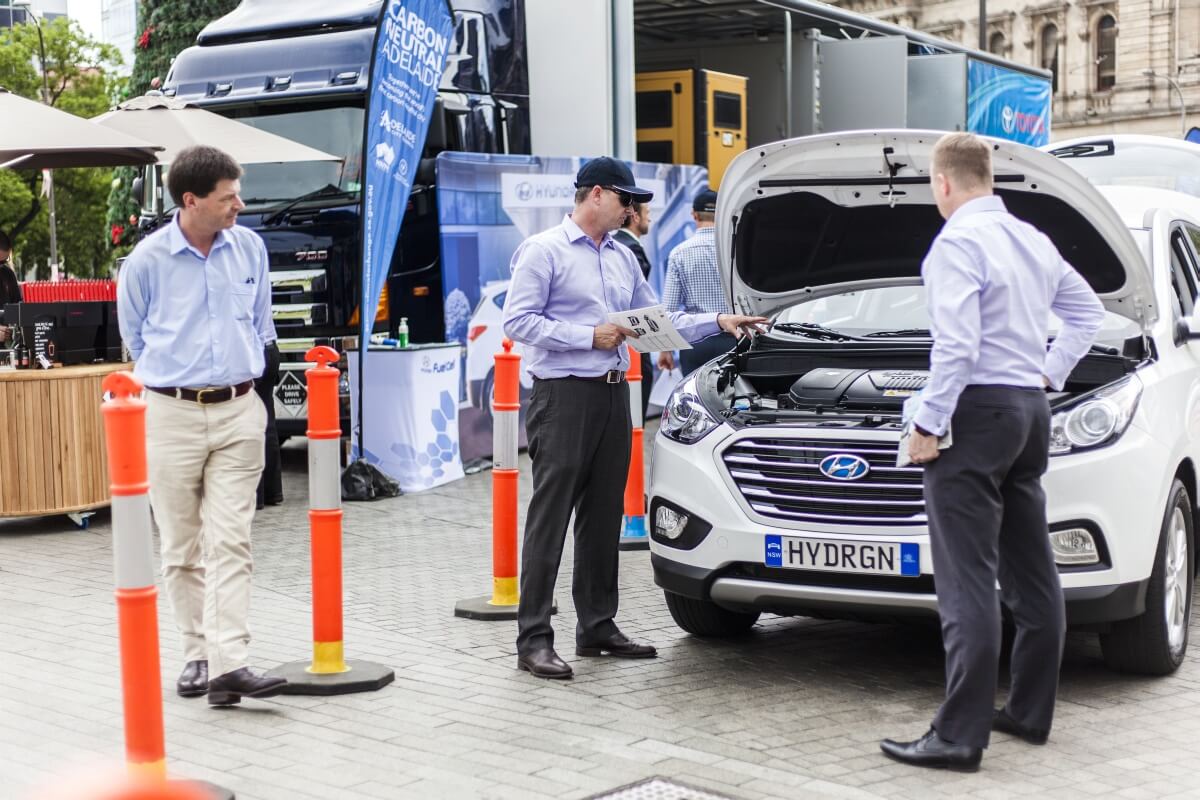
Team effort: Toyota and Hyundai have wheeled out their fuel-cell-powered models together in Ade-laide to strengthen the case for hydrogen infrastructure.
The study will also examine the feasibility of fuel-cell powered vehicles in the council’s services and state bus fleets, with the aim of using hydrogen produced on-site using electrolysis technology powered by renewable electricity.
The announcement is the latest in the SA government’s plan to increase its fleet of low emissions vehicles by 30 per cent, part of its commitment to achieve net zero emissions by 2050.
State premier Jay Weatherill said at the announcement that the government’s target was to replace a significant proportion of the government fleet – which numbers around 7000 vehicles – with electric, hydrogen and hybrid over the next three years.
“The purchase of around 2000 low emission vehicles will also help drive innovation, investment and jobs in this growing industry,” he said.
By organising the SA trial, the two automotive brands have formed a green coalition of sorts to promote the hydrogen fuel-cell cause, with vehicles that offer a touring range comparable to that of combustion engines and a greater range than some pure-electric vehicles.
Hyundai has had fuel-cell vehicles and a single hydrogen fuel station at its Sydney headquarters since late 2014, and Toyota’s first Mirai was brought to Australia the following year but was limited in trials by hydrogen availability.
Hyundai offered to top up the Mirai for Toyota during its visit, but the Japanese car-maker declined in favour of waiting for its mobile setup, which arrived last month.
Fuel cell cars offer zero emissions – beyond water – in providing transport, fitting the state authorities’ plans to establish Adelaide as the world’s first carbon neutral city.
The two automotive companies are also convening a meeting of hydrogen mobility industry stakeholders at the former Mitsubishi factory site at Tonsley Park in Adelaide this week to discuss the future of the fuel.
Assistant minister to the treasurer Chris Picton said the state was pursuing a range of initiatives to encourage the adoption of zero emission vehicles.
“We are trailing low emission buses including two locally manufactured electric buses and
purchasing low emission cars for the state government fleet,” he said.
“These are important initiatives in our goal to make Adelaide the world’s first carbon neutral city,” he said.
Mr Picton also mentioned financial incentives to encourage the adoption of zero emissions vehicles – including the removal of taxation barriers and, in particular, the luxury car tax, but failed to detail specific state-based incentives involving sales tax or stamp duty concessions.
“The state government has undertaken significant tax reform following the State Tax Review last year,” he said.
“At the national level the state treasurer has been advocating for the abolition of no longer needed federal taxes and tariffs that were originally designed to protect the local car industry,” he said.
Adelaide’s lord mayor Martin Haese said 35 per cent of carbon emissions in the City of Adelaide come from transport, with over 90 per cent of those from private vehicles.
“Using hydrogen generated from renewable energy as a fuel source will help reduce emissions
and improve the air quality of the city,” he said.
Mr Haese was also keen to point out the quality of life aspect of hydrogen fuel cell vehicles, which are quieter in operation as well as being zero emissions vehicles.
Adelaide City Council is also planning to install at least 40 electric vehicle charging stations throughout the city, including 10 charging points in the Adelaide Central Market carpark, by the end of next year.
The council’s Sustainability Incentives scheme will also provide up to $5000 for each electric vehicle charging point and up to $250 for each electric bicycle point that city property owners and tenants install, including commercial car parks.
The 10 charging points – up from the existing four that have been in place in two parking venues since 2010 – in the Central Market carpark to provide free charging services for permanent reserved and casual users until at least 2020.
By Stuart Martin




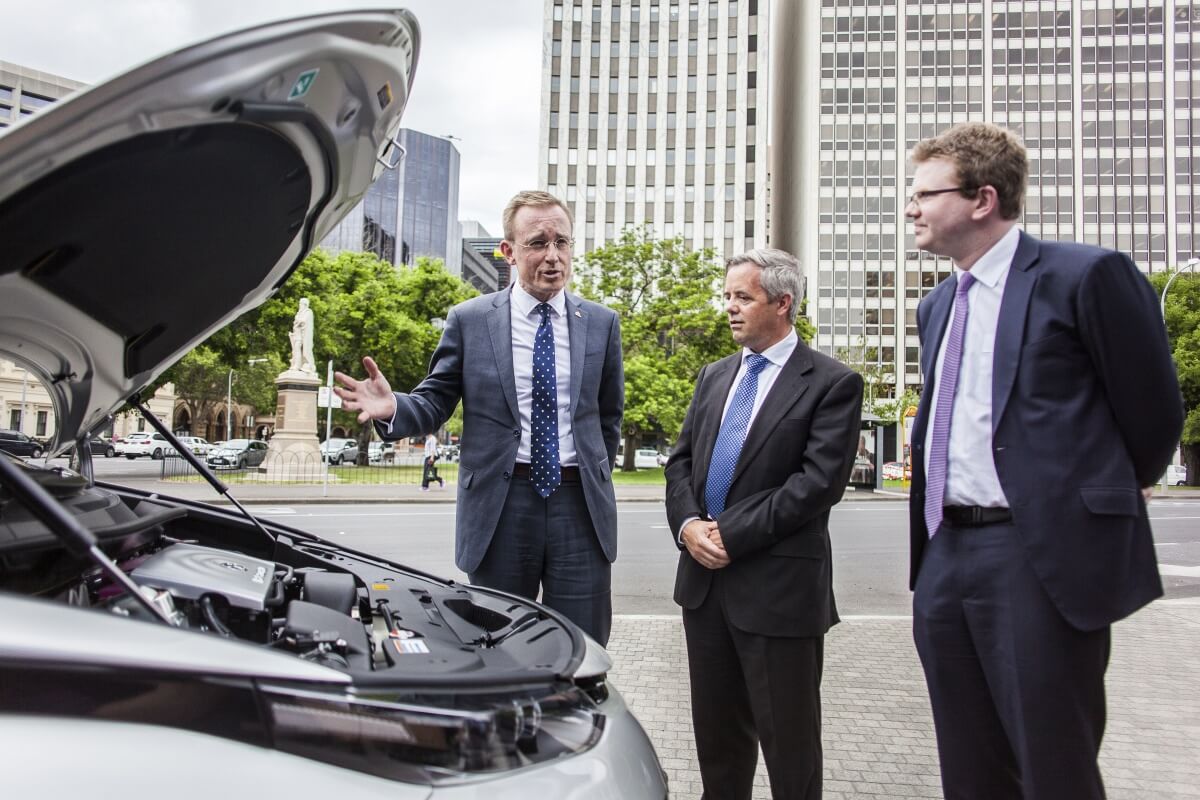
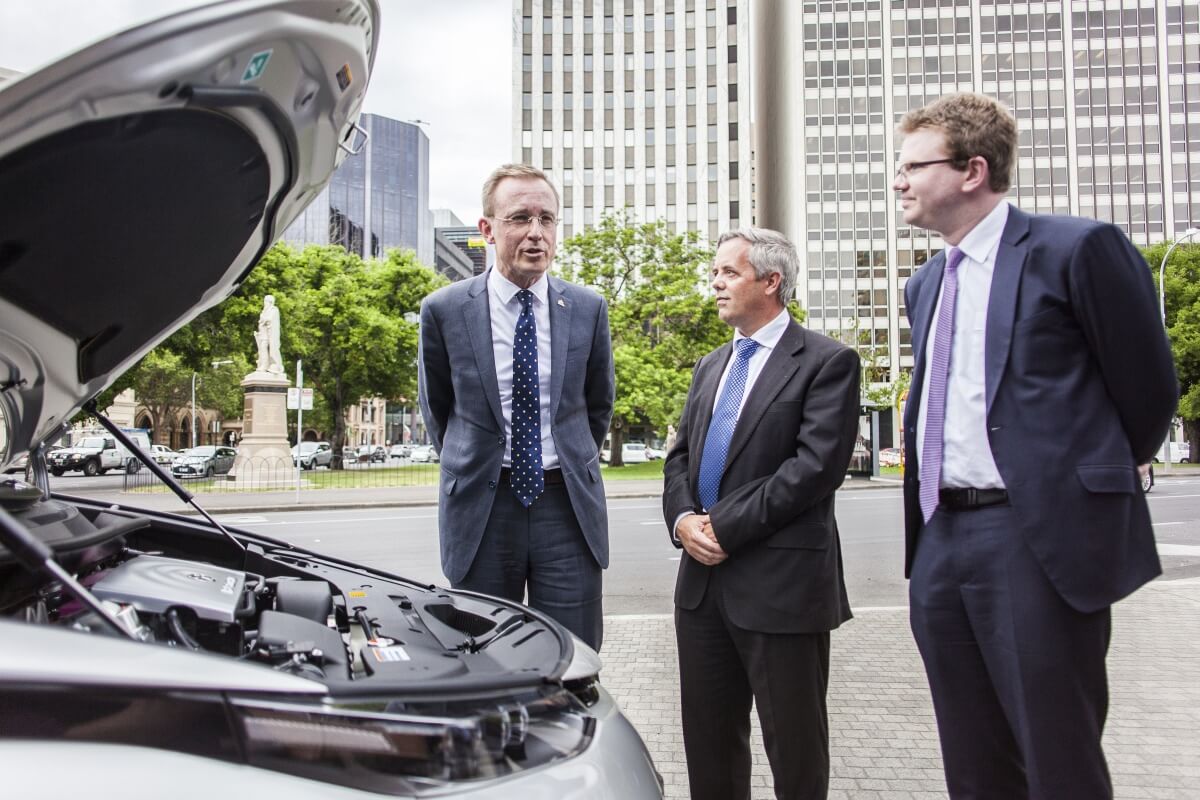
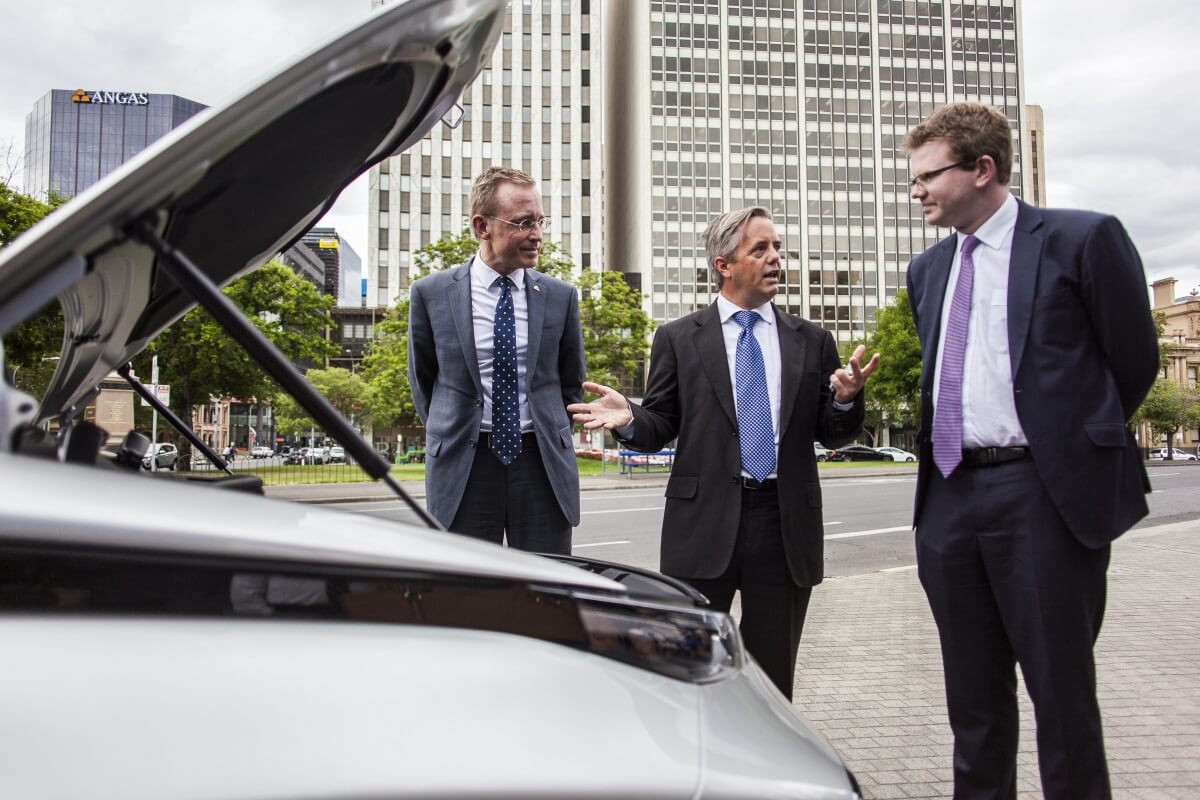

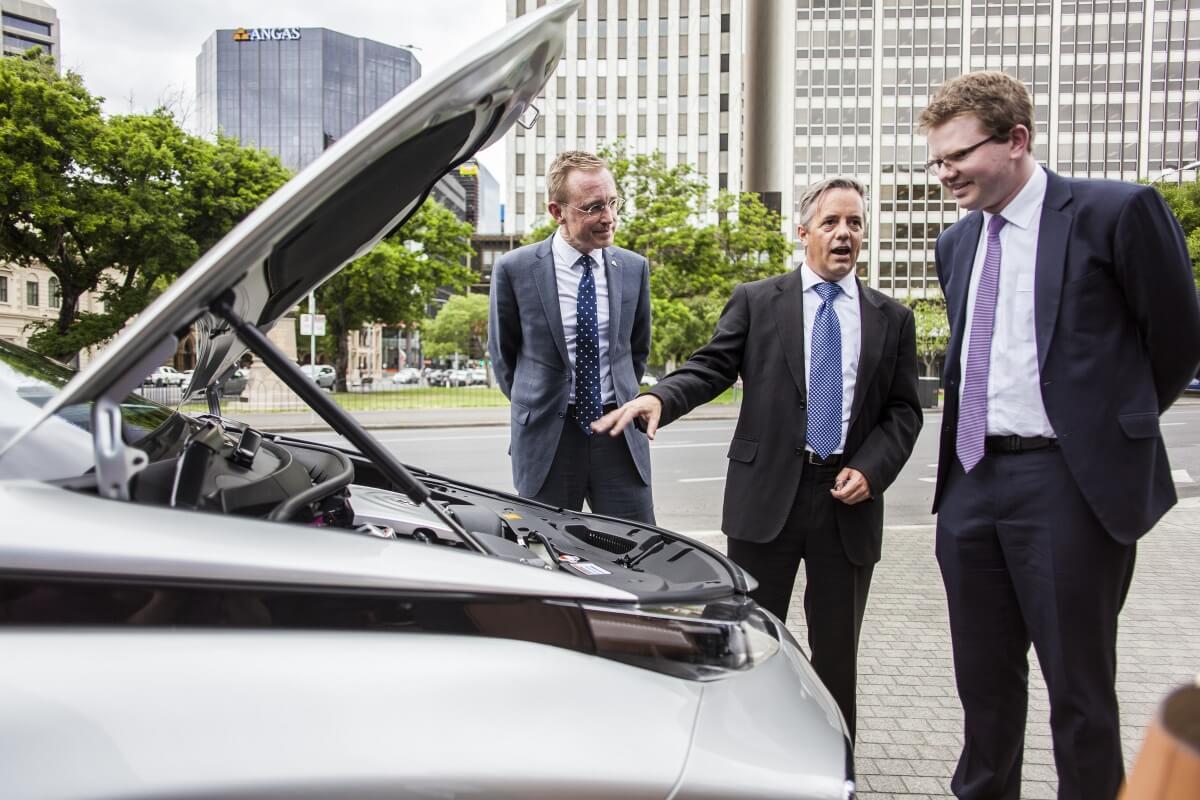



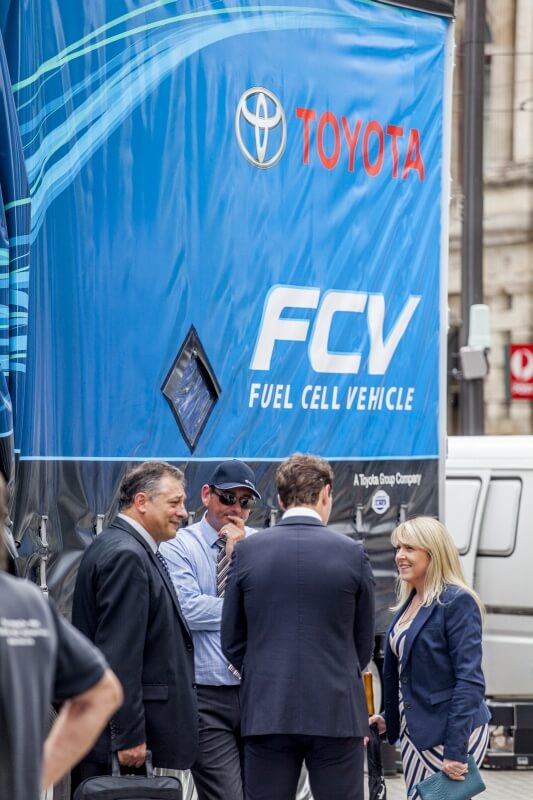
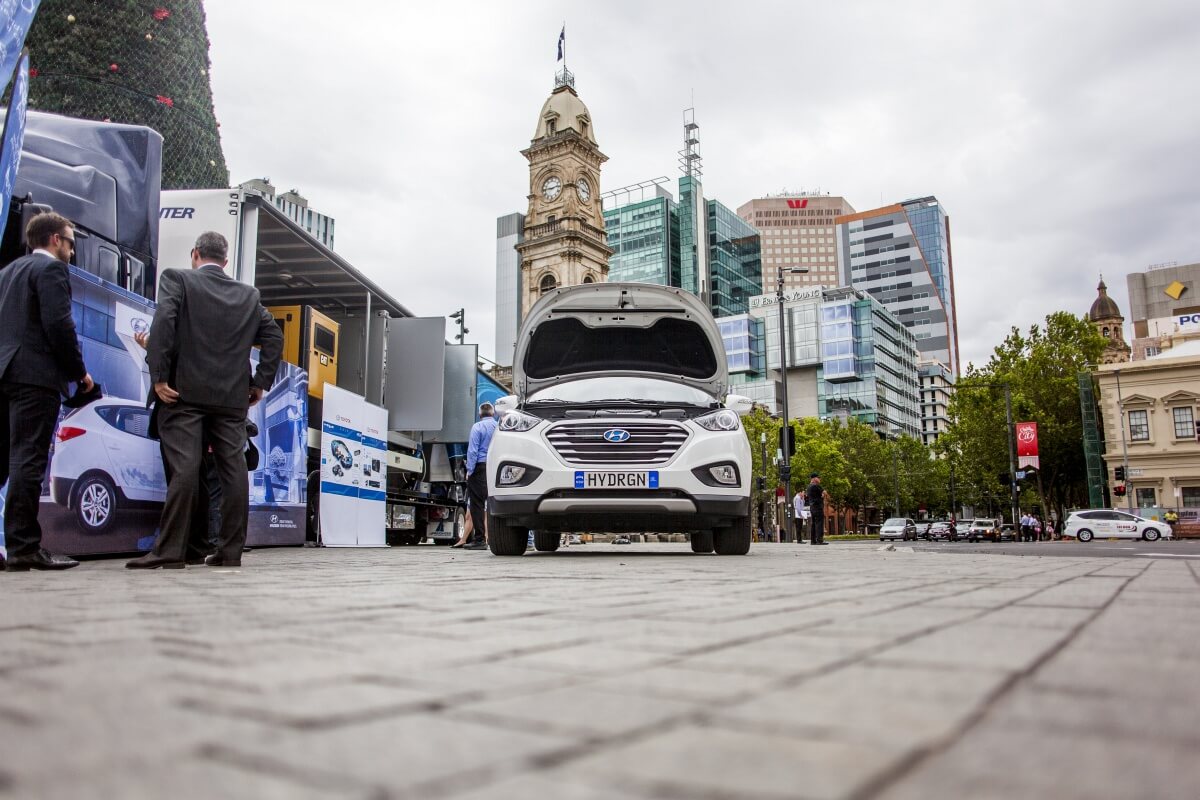
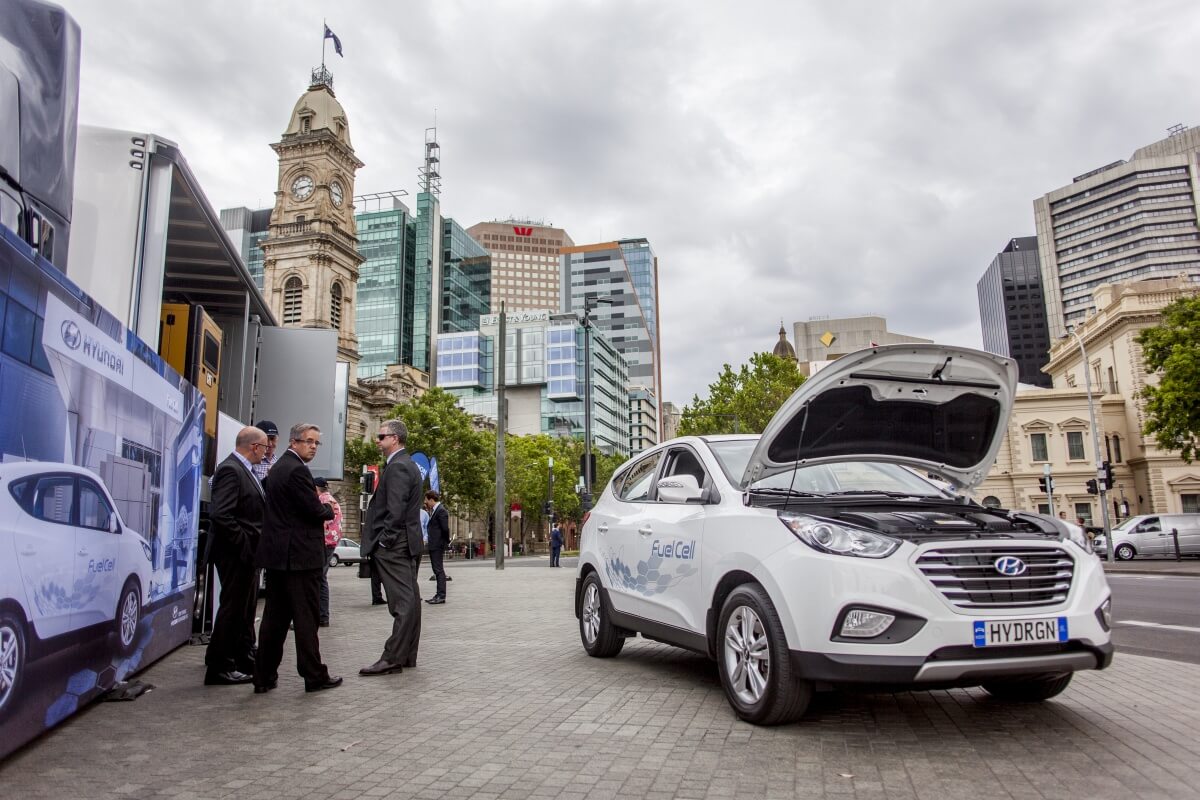
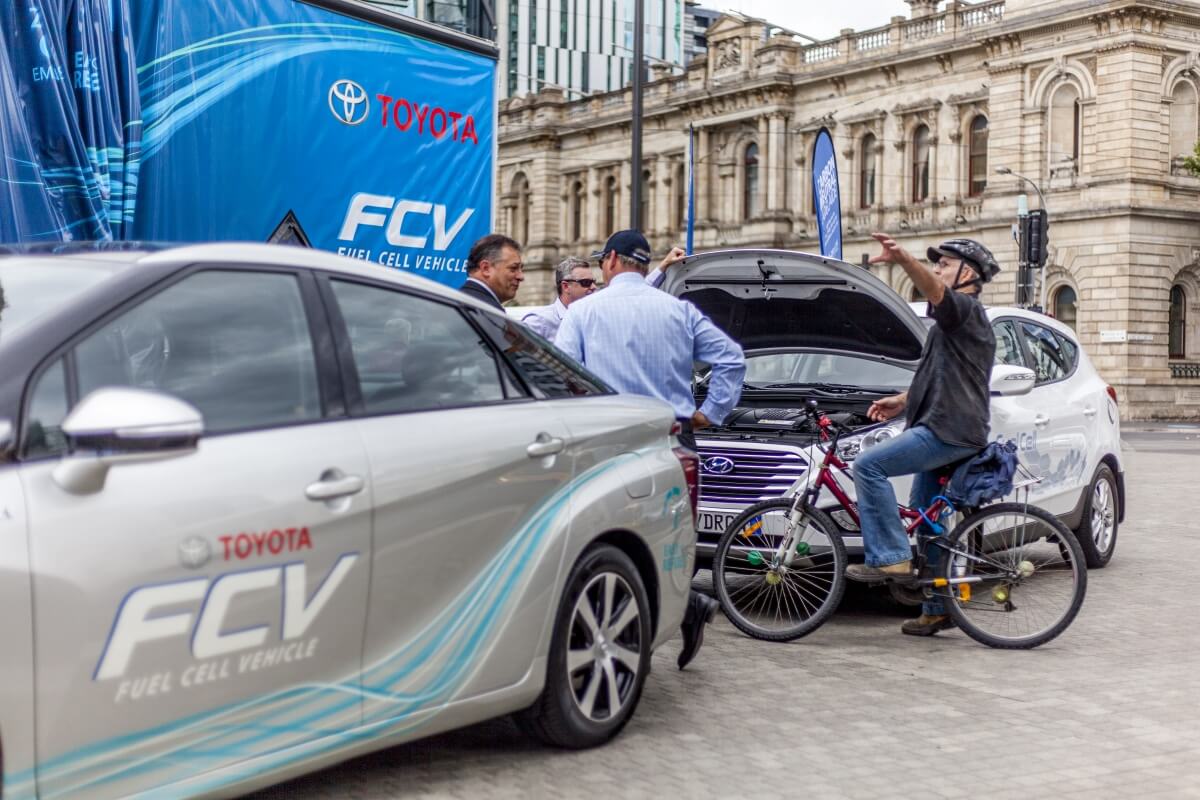
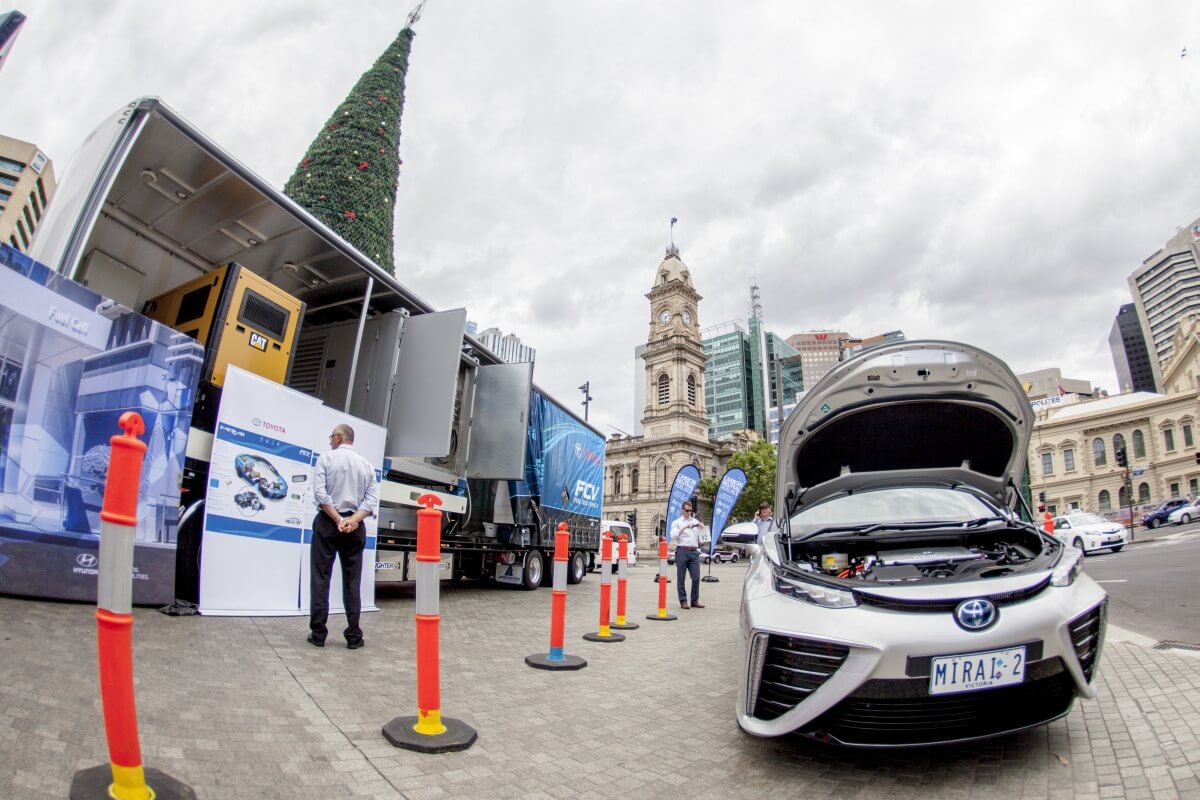
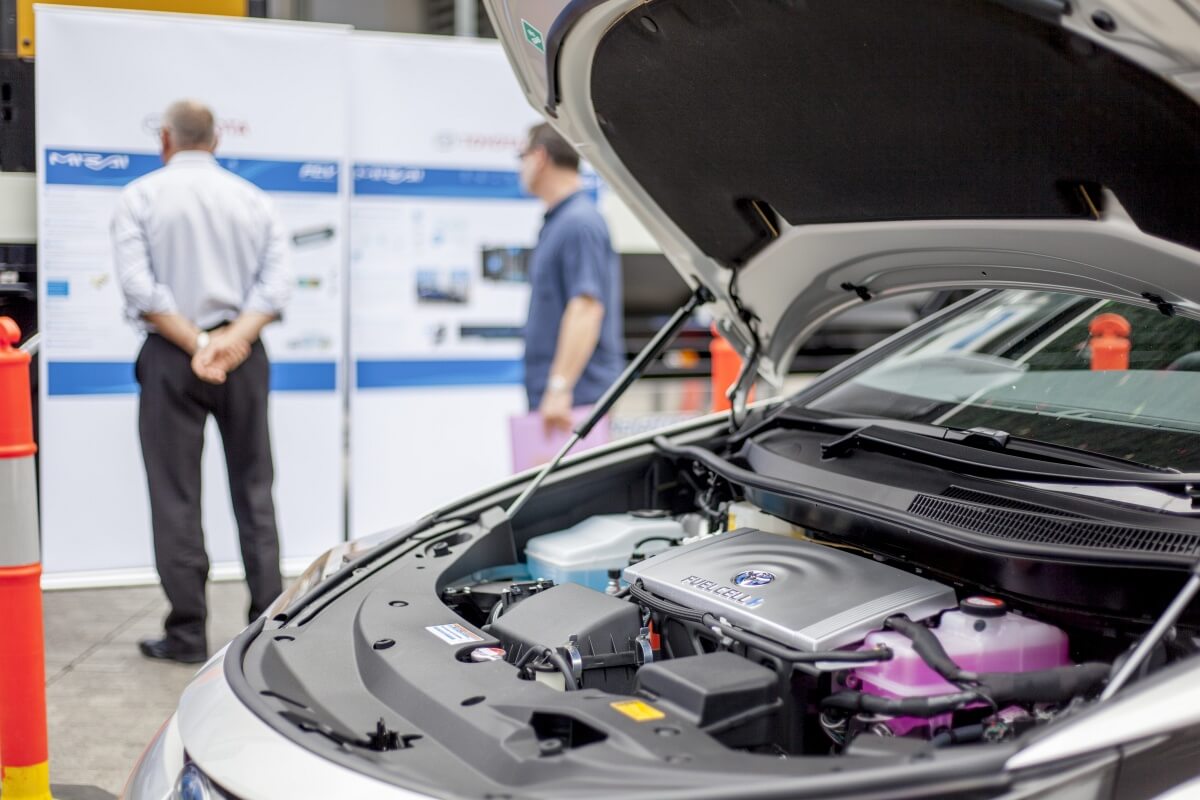
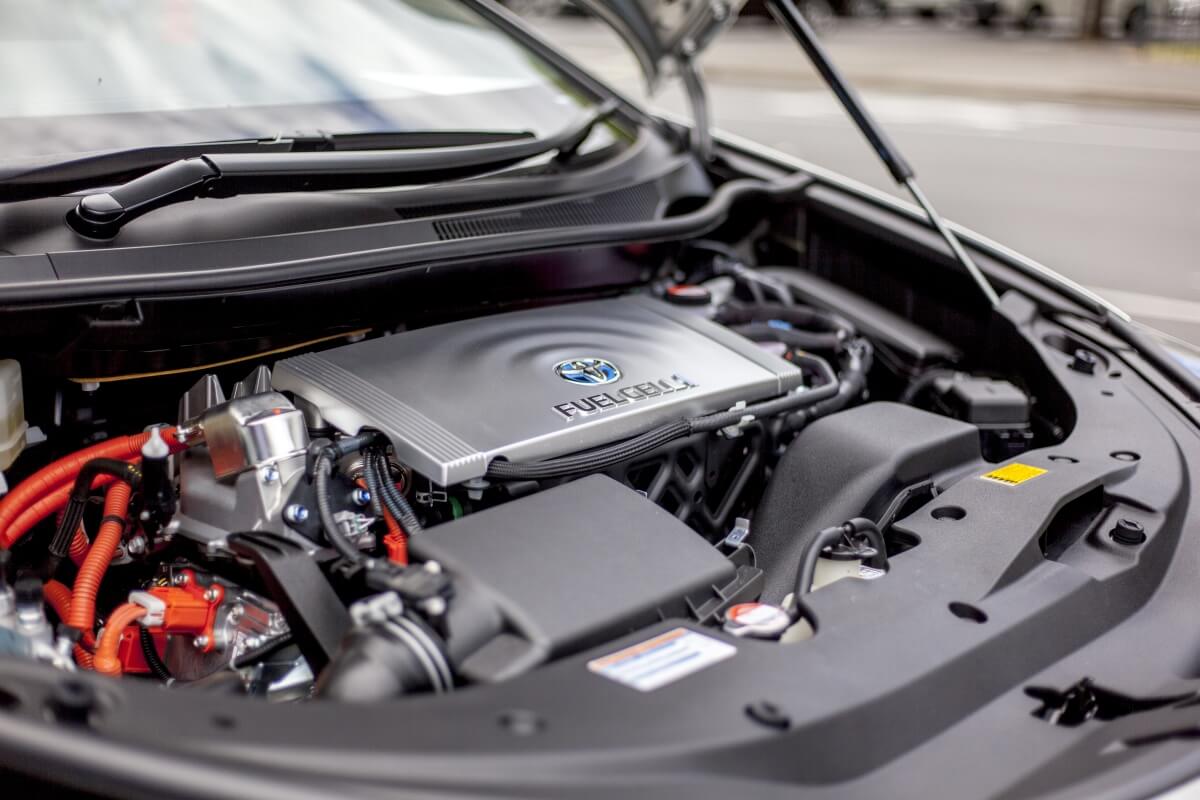
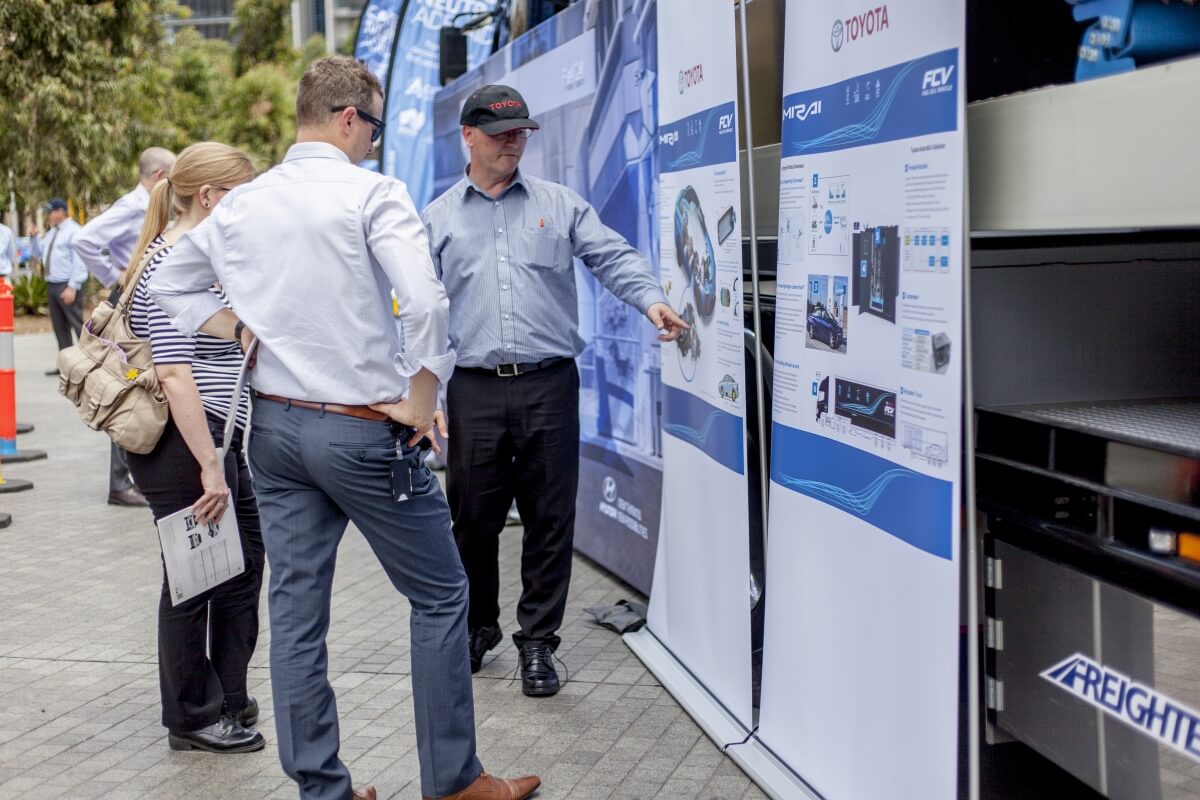
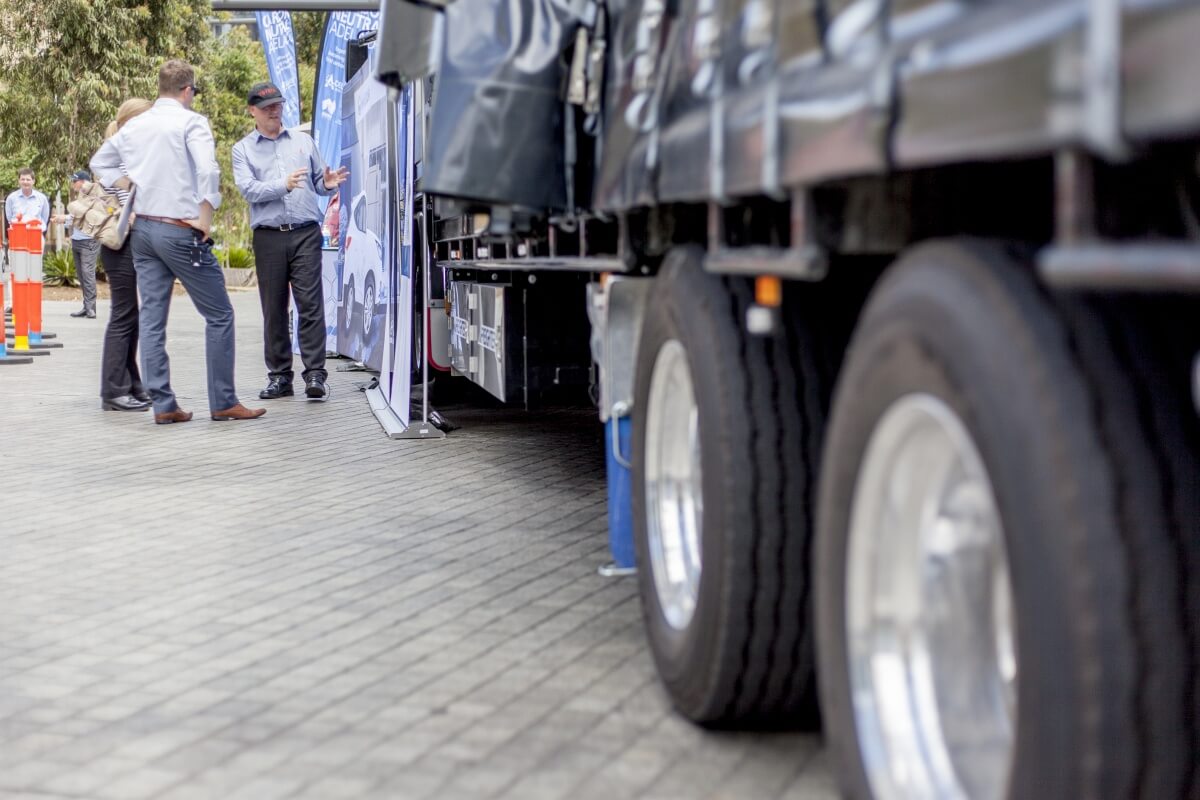
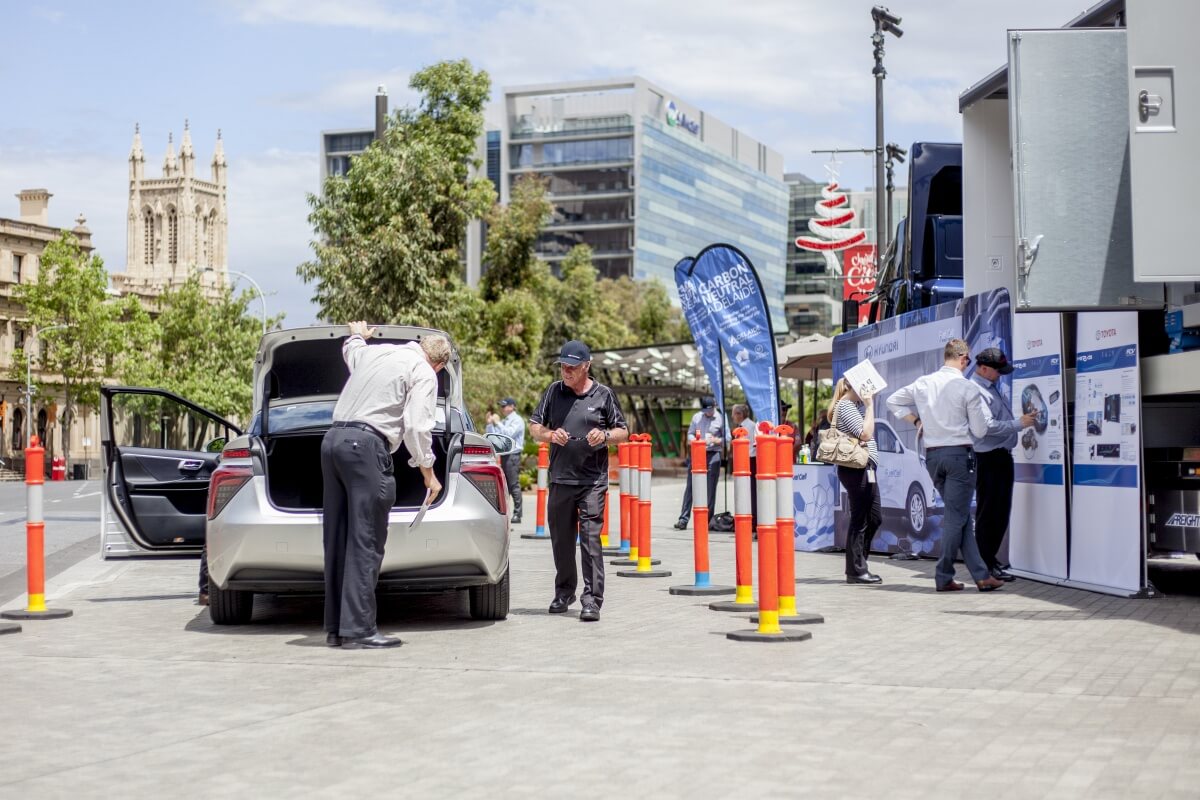
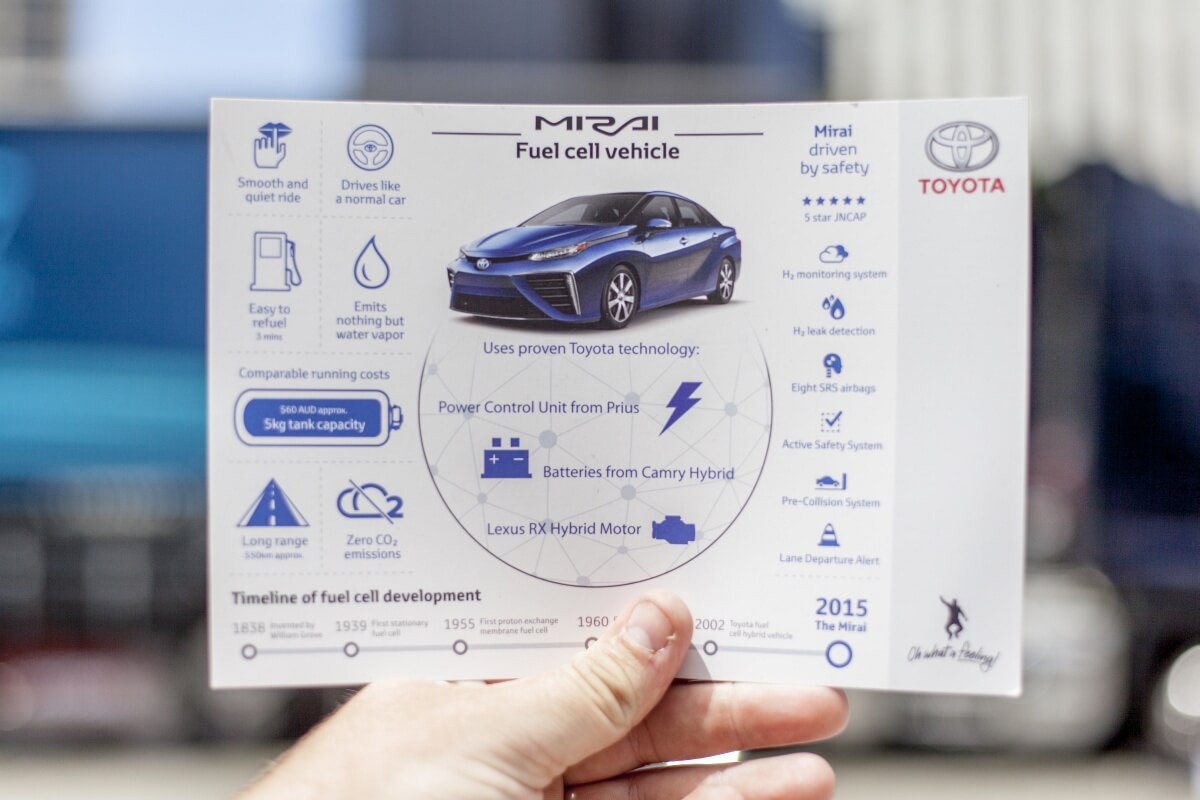
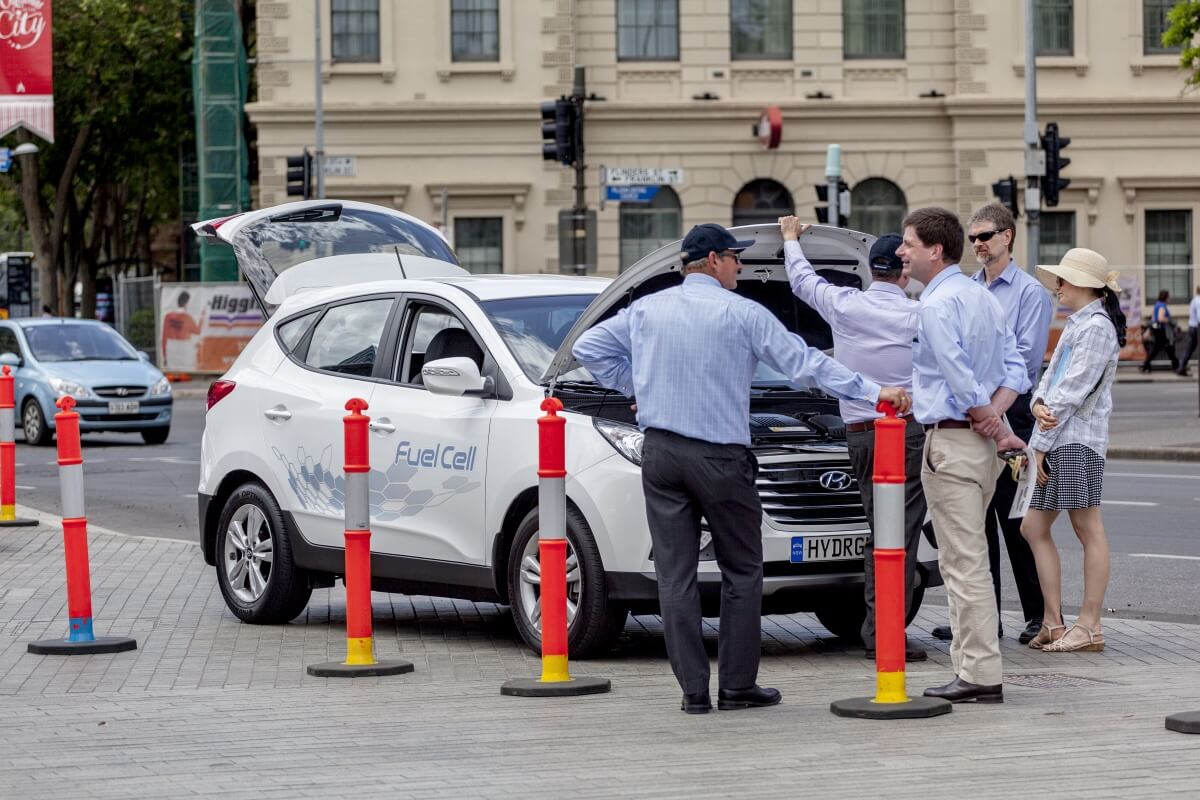
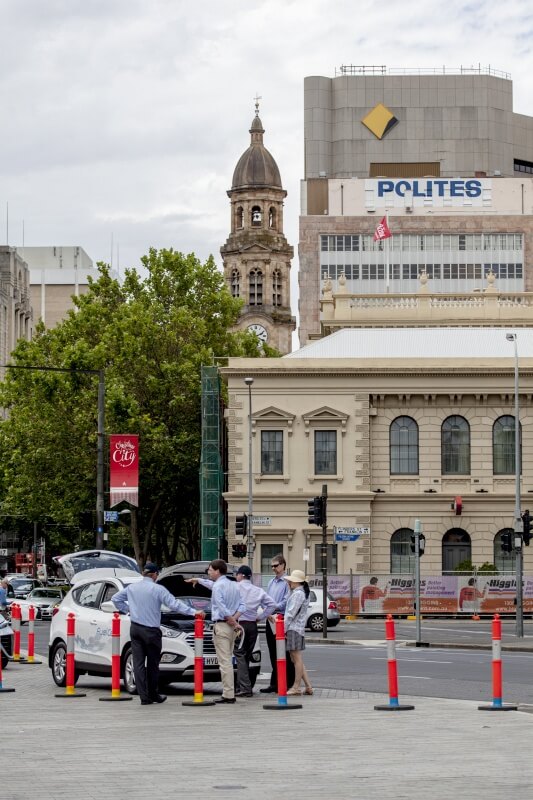

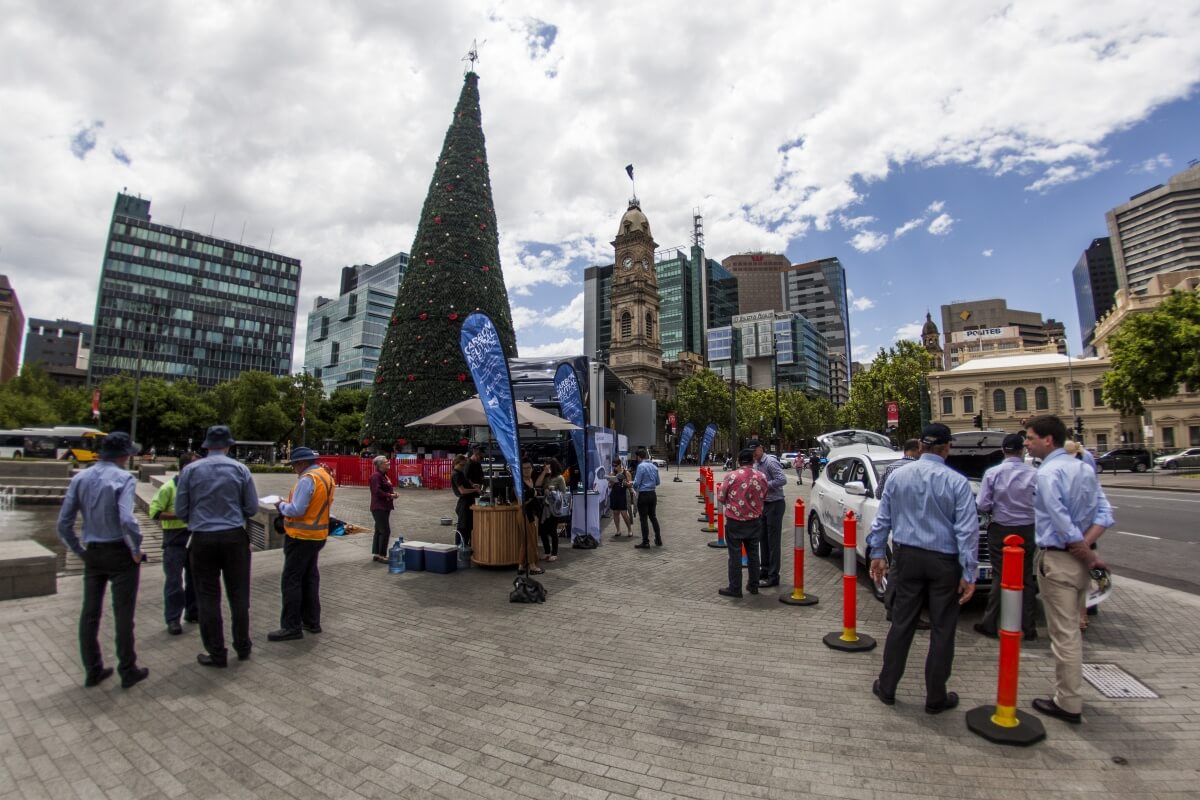
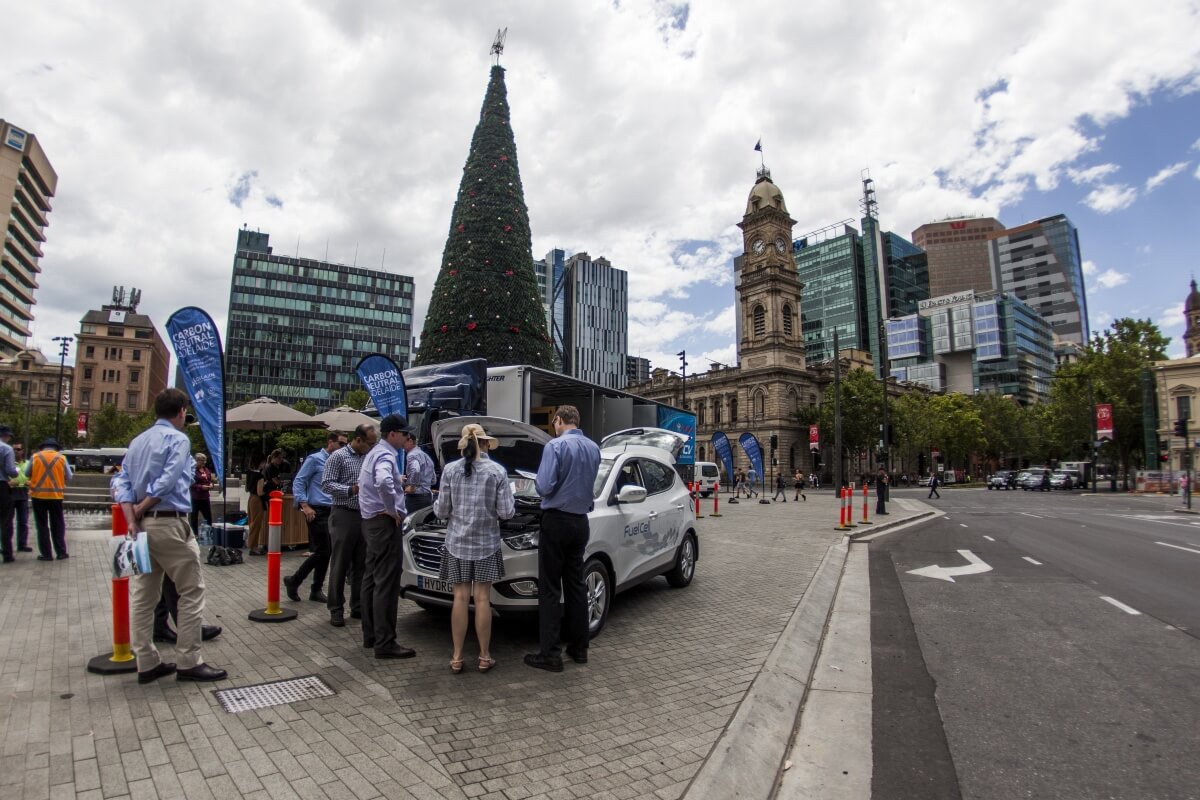
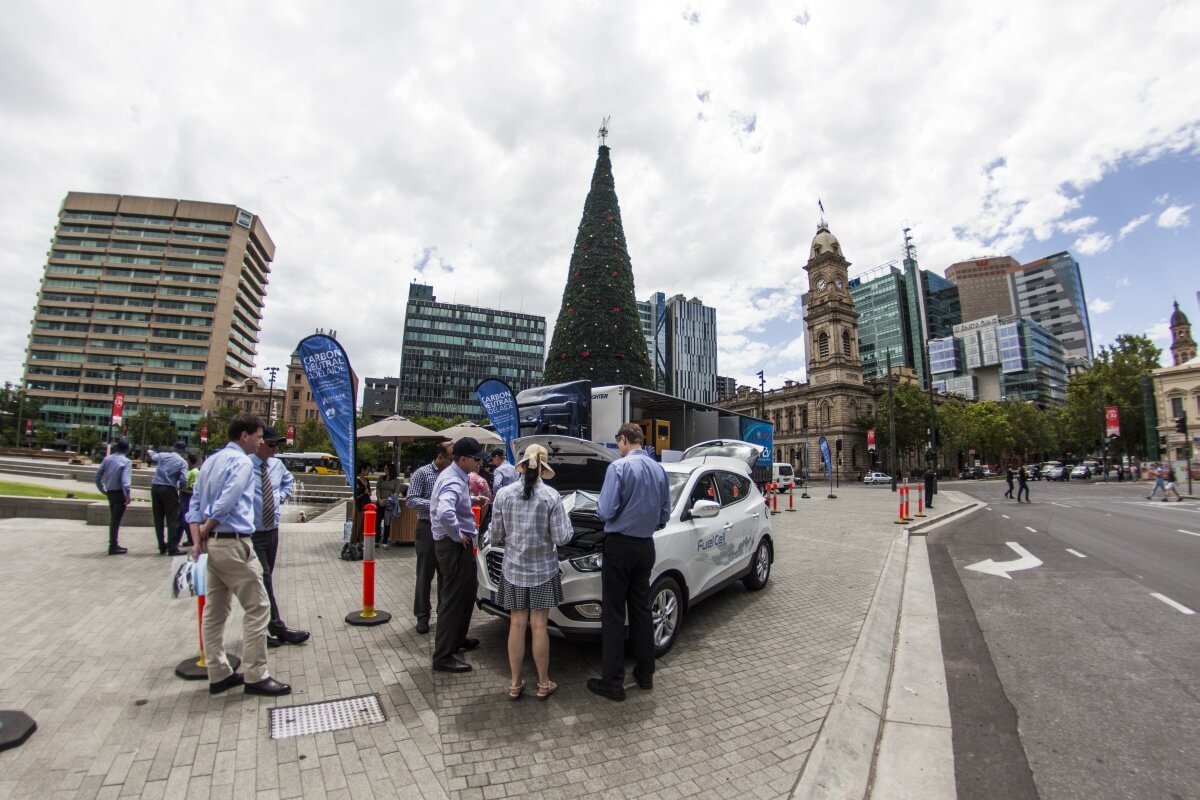
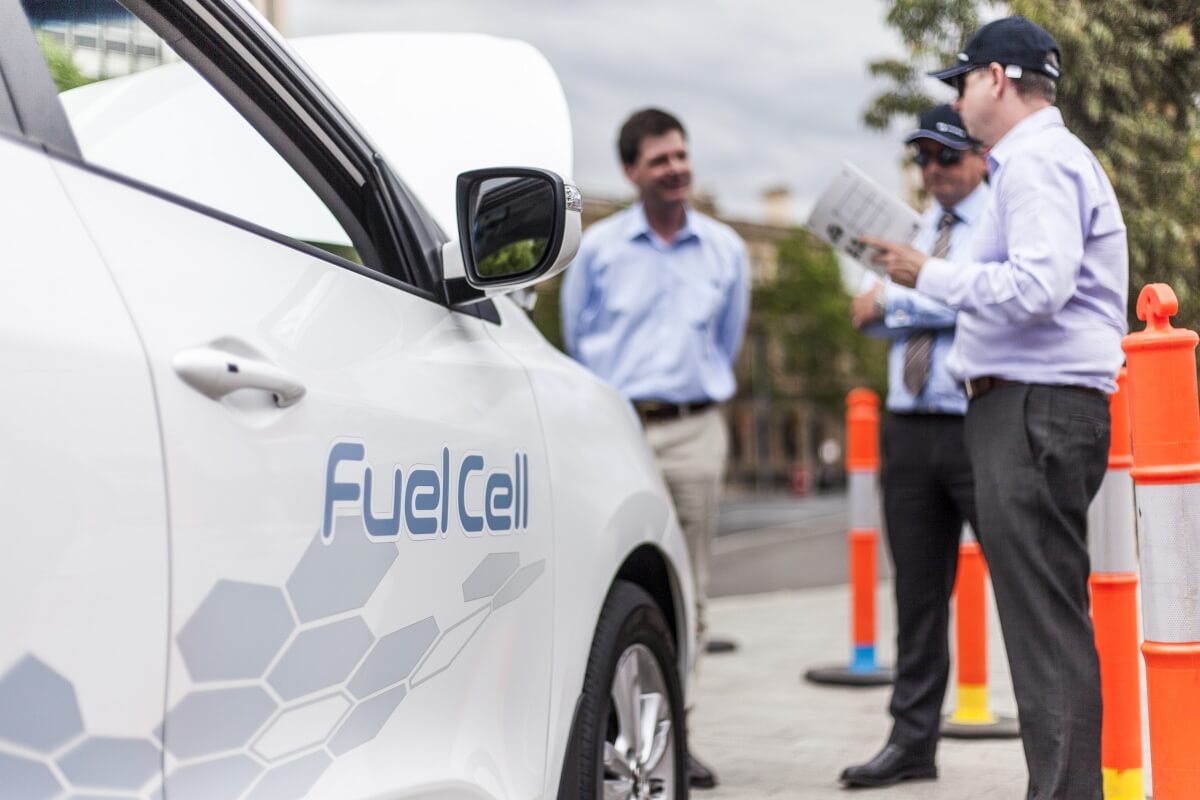
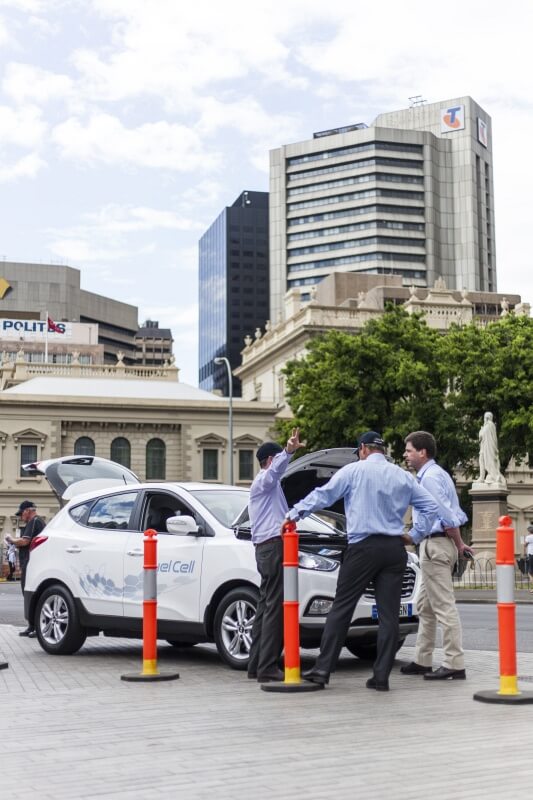
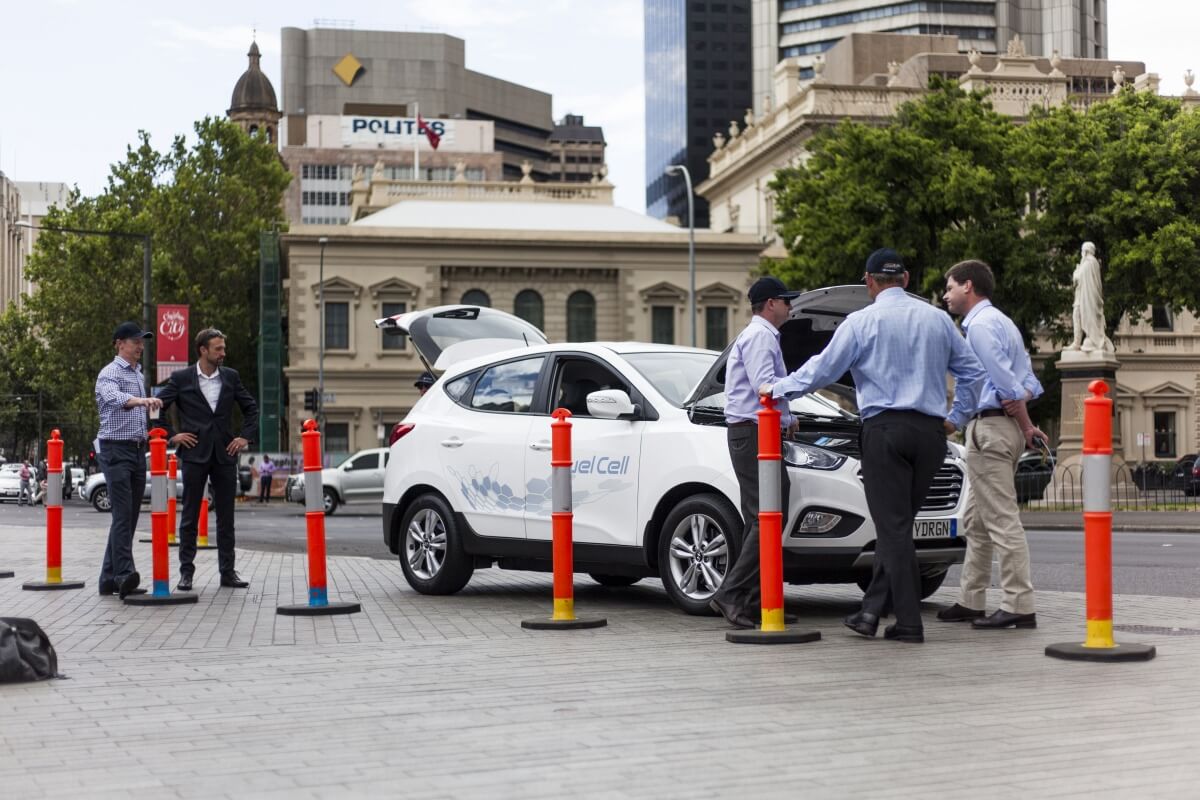
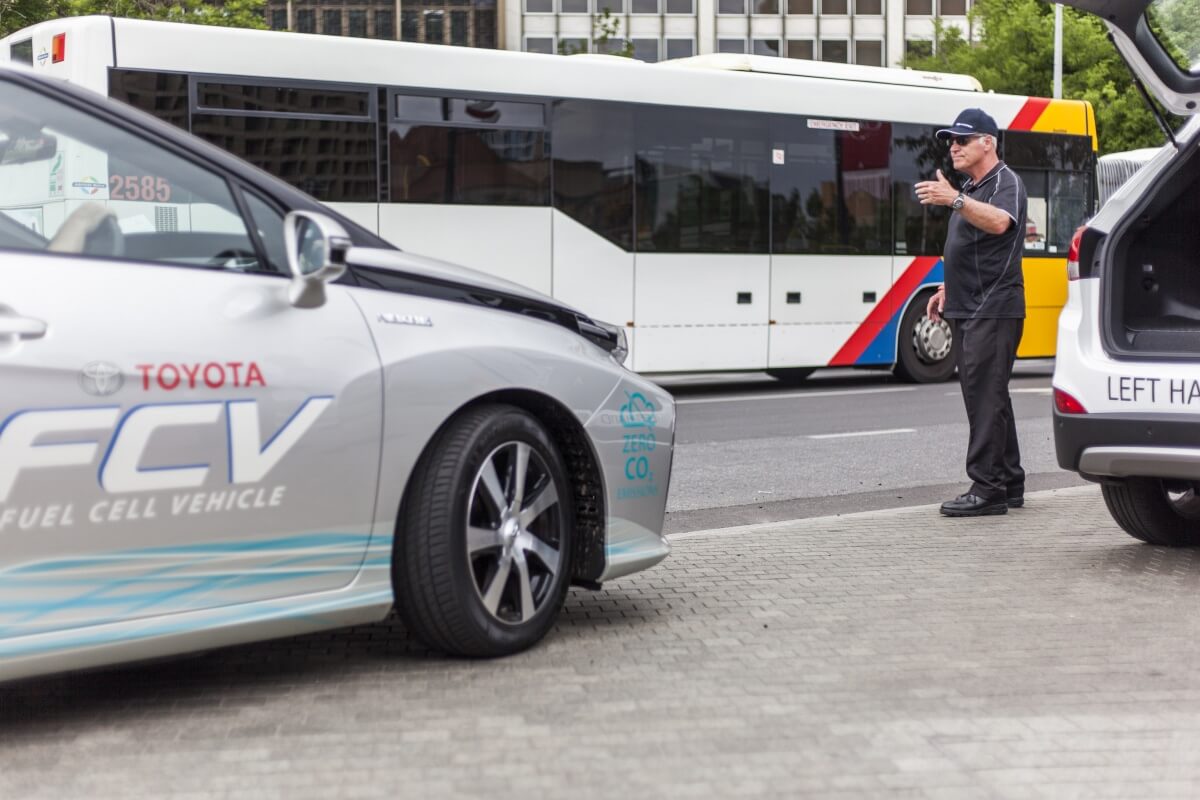
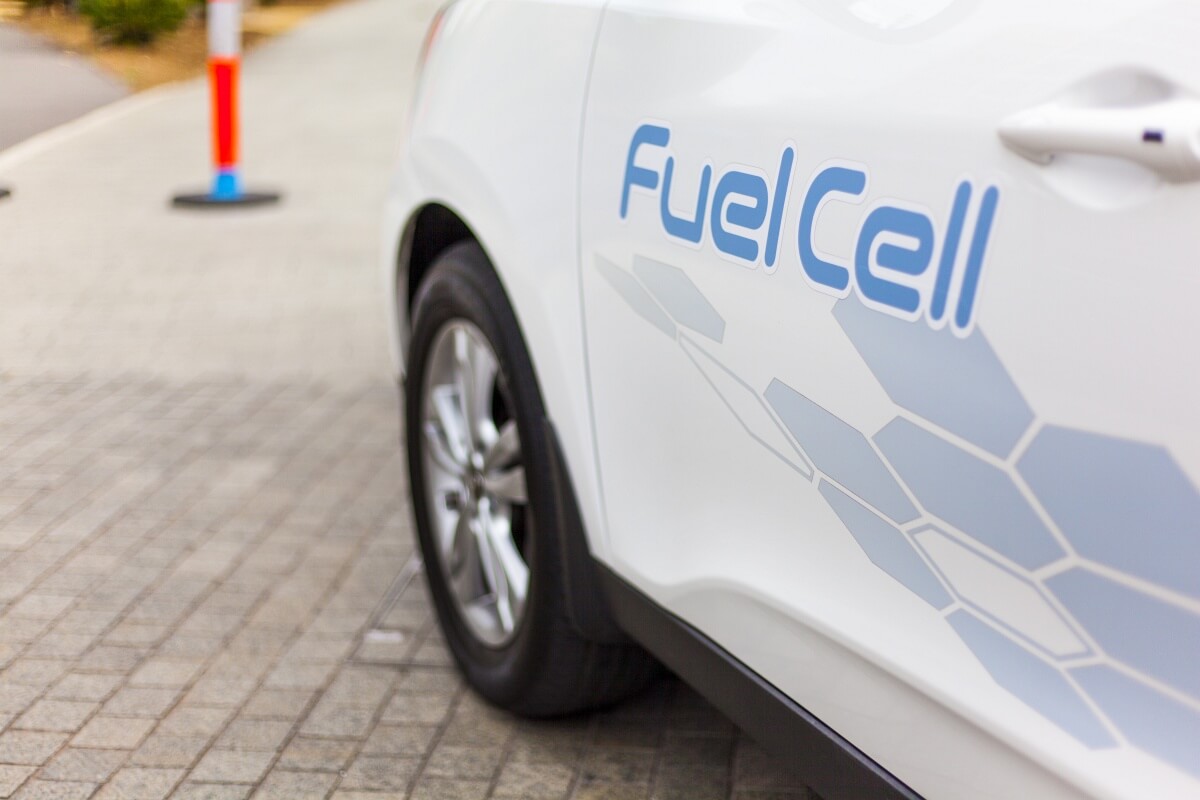
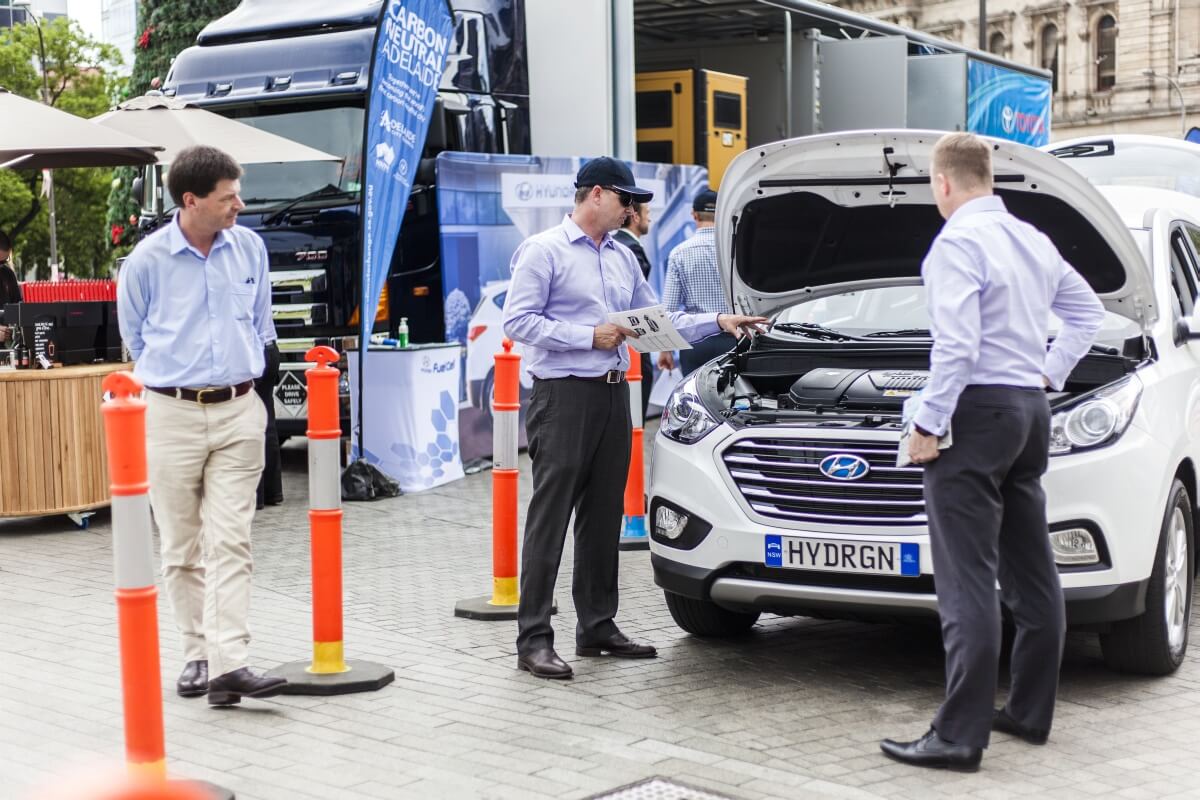
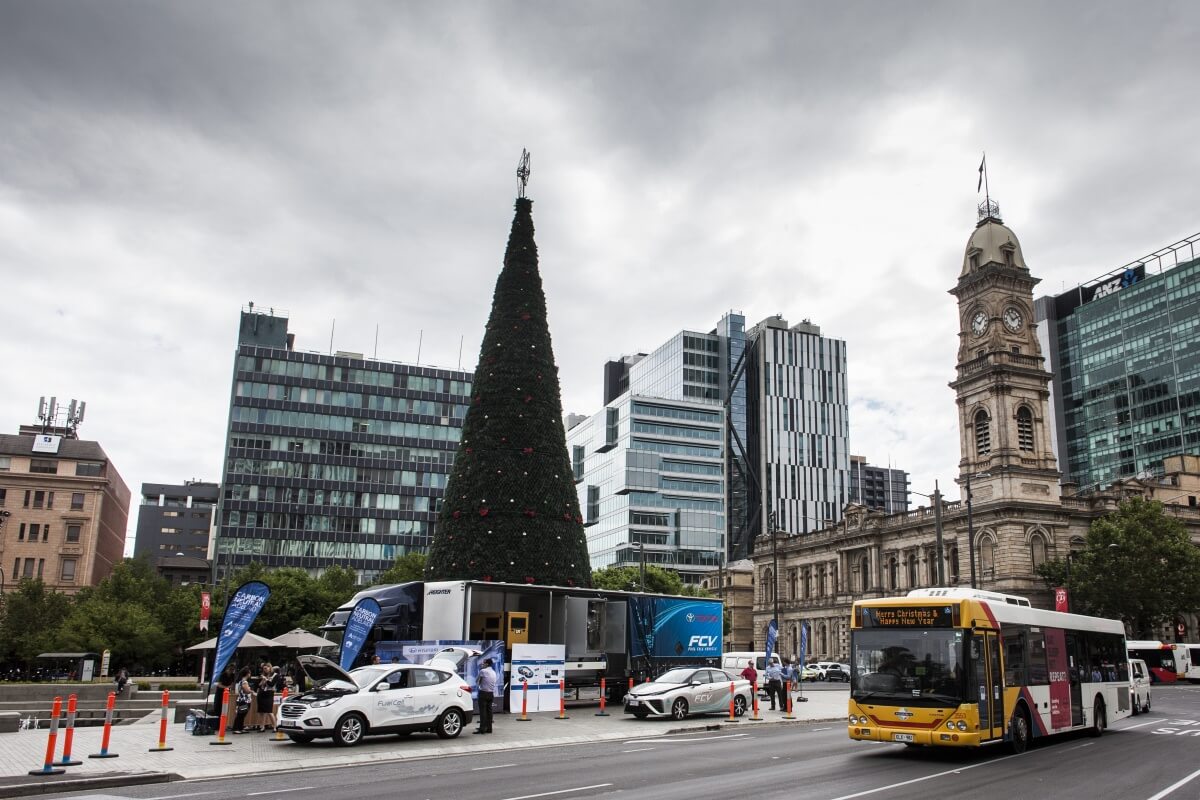
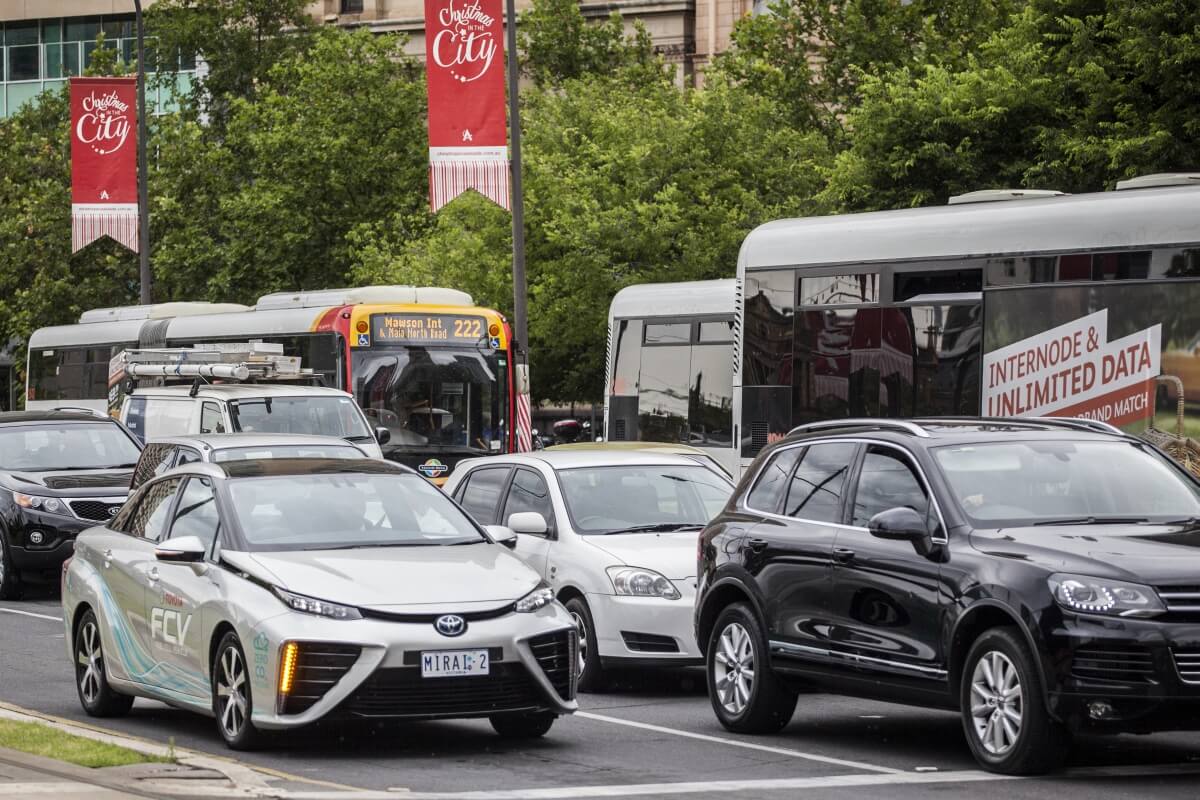










 Read More: Related articles
Read More: Related articles

